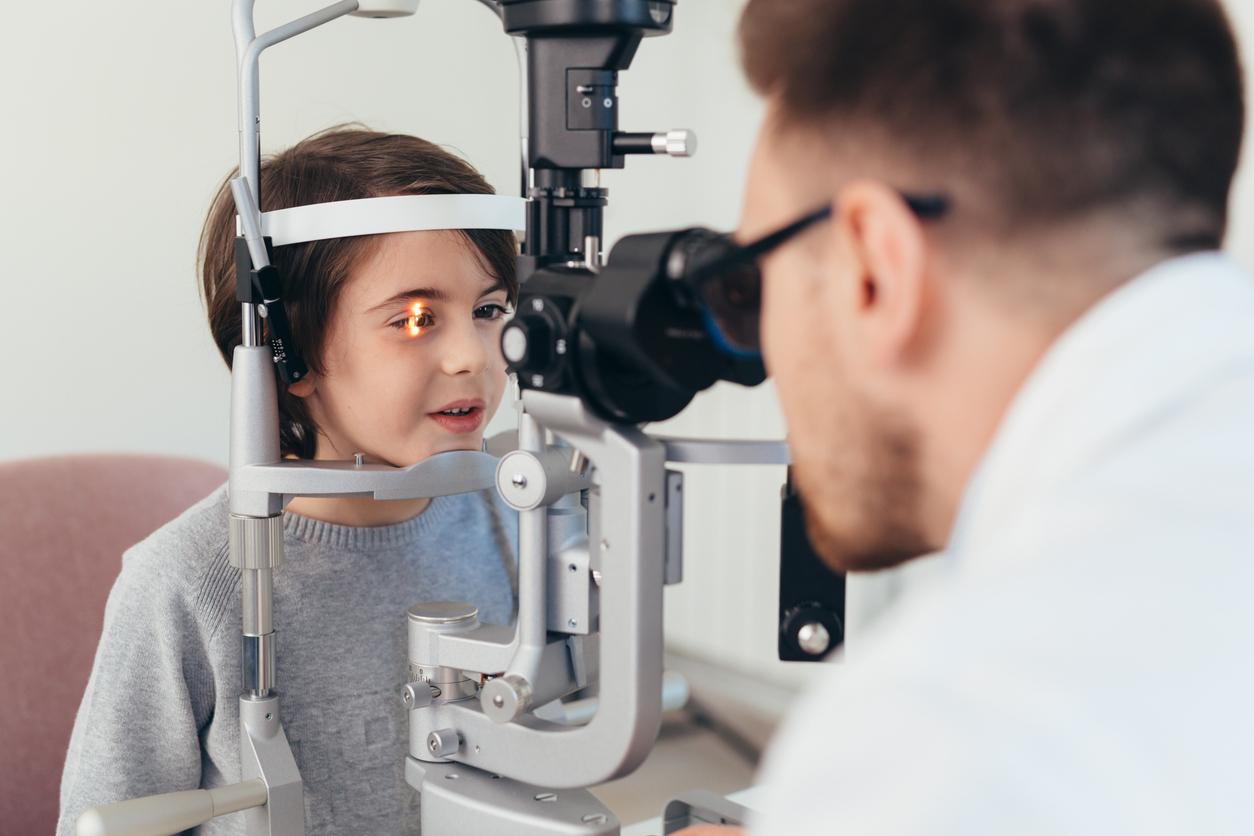Children who experience persistent inflammation are at greater risk of developing mental health problems in adulthood, including depression and psychosis.

- Children with persistent inflammation are at higher risk of serious mental health problems as adults.
- The study found that children with very high levels of inflammation at age 9 were at greater risk of suffering from depression and psychosis at age 24.
- If the link is confirmed by further research, it could help identify and treat those at risk early.
Inflammation is a normal reaction of the immune system to an attack. This can be an allergen, an injury, pathogens, but also chemicals, pollution or even poor diet… Despite their young age, children can also have chronic inflammation. And this is not without consequences according to researchers from the University of Birmingham.
They found that persistent inflammation during childhood increases the risk of suffering serious mental health disorders, including psychosis and depression, in early adulthood.
Their work has appeared in the journal JAMA Psychiatry August 21, 2024.
Depression, psychosis: suffering from inflammation at age 9 increases the risks
To understand the long-term effects of chronic inflammation in childhood, the researchers looked at data collected by the Avon Longitudinal Study of Parents and Children (ALSPAC) – also known as the “kids of the 90s”. This included 6,556 volunteers, 50.4% of whom were female. Inflammation was identified by an increase in levels of an inflammatory marker called C-reactive protein (CRP). Measurements were taken when participants were 9, 15 and 17 years old.
Scientists found that people whose CRP levels peaked around age 9 had higher risks of depression and psychosis at age 24.
The same team also highlighted a link between having inflammation at a young age and a greater susceptibility to developing cardiometabolic diseases such as insulin resistance (an early form of diabetes) as you grow up.
“When we look longitudinally, there is very strong evidence that early childhood inflammation is a significant risk factor for the development of schizophrenia, depression, and insulin resistance later in life. Some of the rates of development of these disorders in the group with inflammation (which peaked around age nine) were four to five times higher than those without inflammation.”said Edward Palmer, lead author of the study, in a statement.

Inflammation and mental health: towards earlier management?
The lead author acknowledges that more research is needed to better understand the link discovered between inflammation in children and their mental or metabolic health in adulthood. “We are still far from demonstrating whether increased inflammation plays a causal role in these disorders. But, it is clear that inflammation predates cases of mental illness and potentially associated metabolic dysfunction. As such, further research is needed into the mechanisms underlying these disorders.”
If he achieves this goal, his work will, according to him, be able “lead to early life risk profiling, different types of early intervention and possible new therapeutic targets”.


















